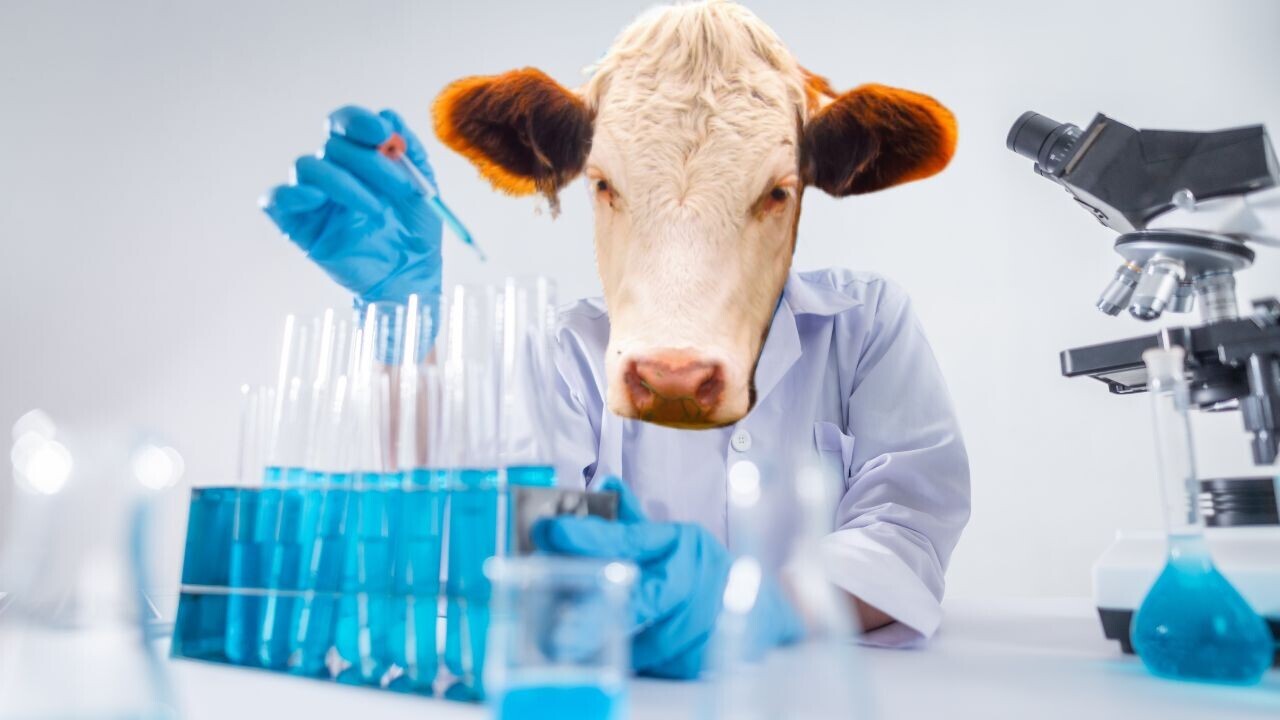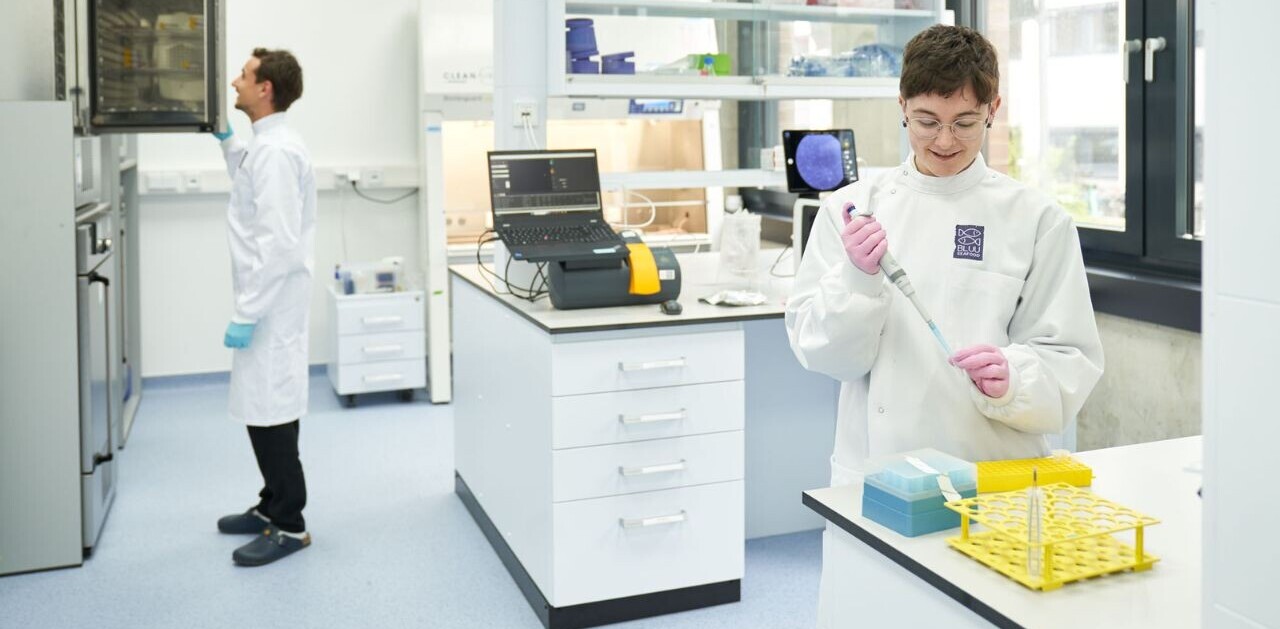
Cultivated meat is on its way to American plates — and European startups want a spot in the kitchen.
In a landmark moment for the sector, the US Department of Agriculture (USDA) has given two companies approval to sell lab-grown meat, which is made by taking cells from living animals.
After extraction, the cells are placed in a bioreactor and grown into muscle tissue. Finally, the flesh is shaped into the type of cuts found on supermarket shelves.
Proponents say the process reduces our carbon footprint and prevents animal suffering, while producing the same meat products that we know and love. It could also be big business: McKinsey predicts the market could reach $25 billion (€23 billion) by 2030.
That market could now slowly start to open up. Only Singapore had previously permitted sales of cultivated meat. The USDA approval brings one of the world’s biggest consumers and producers of meat to the table. It could also convince other countries to take a seat.
“European companies are beginning to look across the Atlantic.
In Europe, cultivated meat startups want regulators to follow the USDA’s lead. Among them are 3D Bio-Tissues, a Newcastle University spin-out. In February, the company unveiled the world’s first lab-grown steak fillet.
Che Connon, the firm’s CEO, described the new approvals as “a monumental milestone” for the industry.
“US regulations for food safety are some of the most stringent in the world… This decision has the potential to rapidly accelerate the development of the cultivated meat market in America and provides a clear framework for other countries to also follow,” he said.

The celebratory reaction was echoed at Meatable, a startup based in the Netherlands. Krijn de Nood, the company’s CEO and co-founder, is optimistic about developments in Europe.
“In the EU and UK, we’re also seeing positive support in the regulatory landscape, with governments looking to remove the barriers to bringing cultivated meat to consumers and providing funding for innovation in food production including cell-based foods,” he said.
However, not everyone is happy with the progress.

The regulatory breakthrough has made the US an attractive market for Europe’s cultivated meat startups. Meatable, for instance, is now working to secure US approval for its products.
Some industry insiders worry that Europe is falling behind. The Good Food Institute, a non-profit think tank, has called for the continent’s policymakers to catch up.
“American consumers will soon be able to taste real chicken made without farming animals — so European companies are beginning to look across the Atlantic to take their products to market,” said Alice Ravenscroft, head of policy at the non-profit Good Food Institute Europe.
“Cultivated meat has the potential to slash emissions, boost our food security and expand consumer choice. The EU must step up its investment in the sector and ensure regulatory processes are robust and transparent, or risk missing out on this crucial climate solution and economic opportunity.”
Get the TNW newsletter
Get the most important tech news in your inbox each week.





